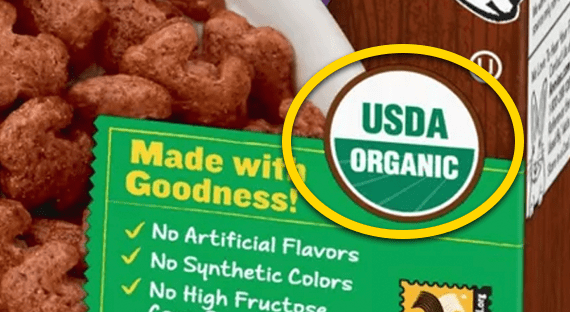Using nonchemical methods to prevent insects, weeds, and plant diseases from harming crops is one of the basic tenets of organic farming. Pesticides can be used only after prevention methods have failed, and even then, federal law bars organic farmers from using any synthetic chemical pesticides that could be harmful to human health or the environment. (While there are nearly 900 pesticides approved for use in conventional, or non-organic, food production, only 30 synthetic pesticides are deemed safe and approved for organic production.) Natural pesticides are permitted, but those that pose risks to human health and the environment, such as arsenic-based or nicotine-based pesticides, are prohibited. Organic fruits and vegetables are less likely to have pesticide residues.










